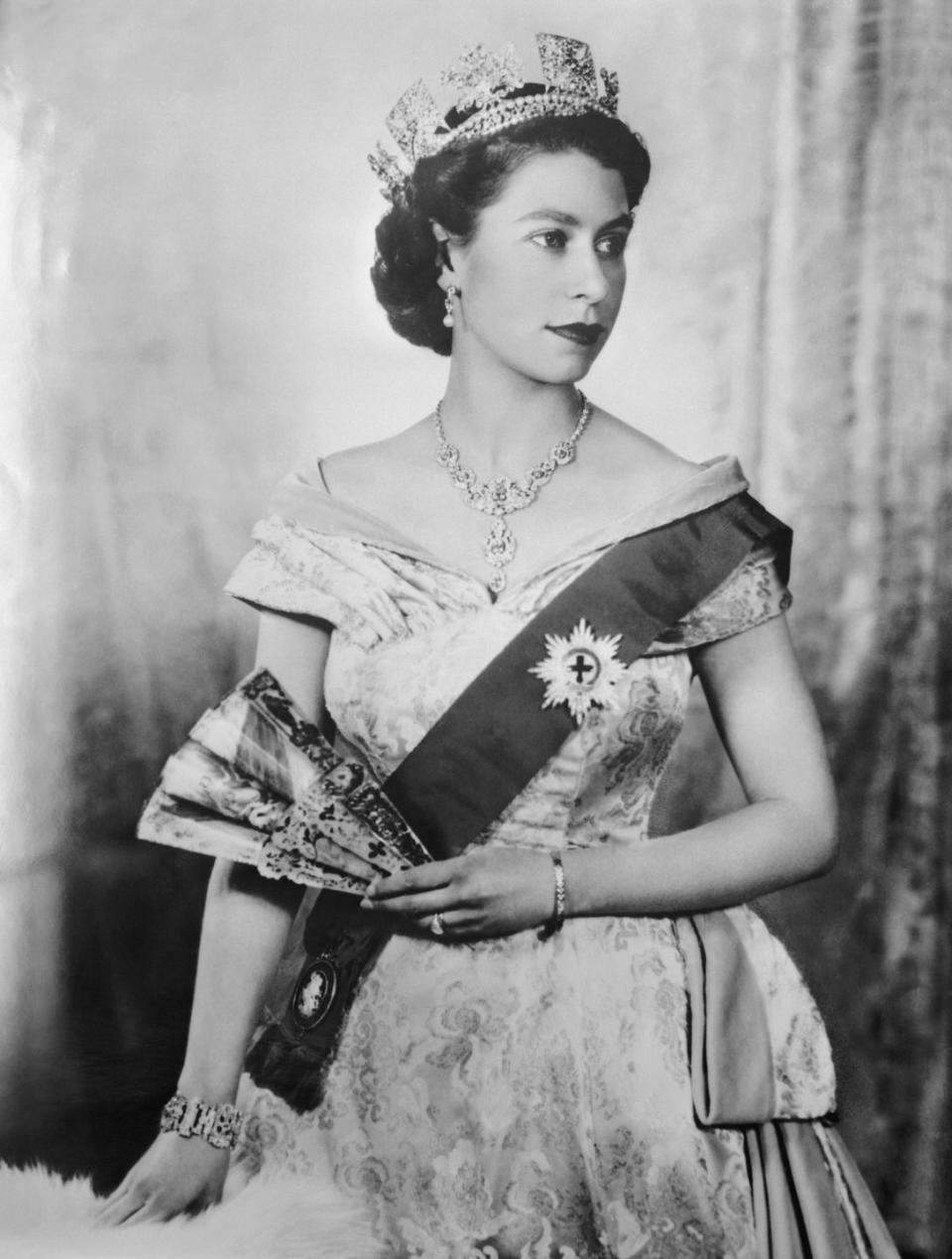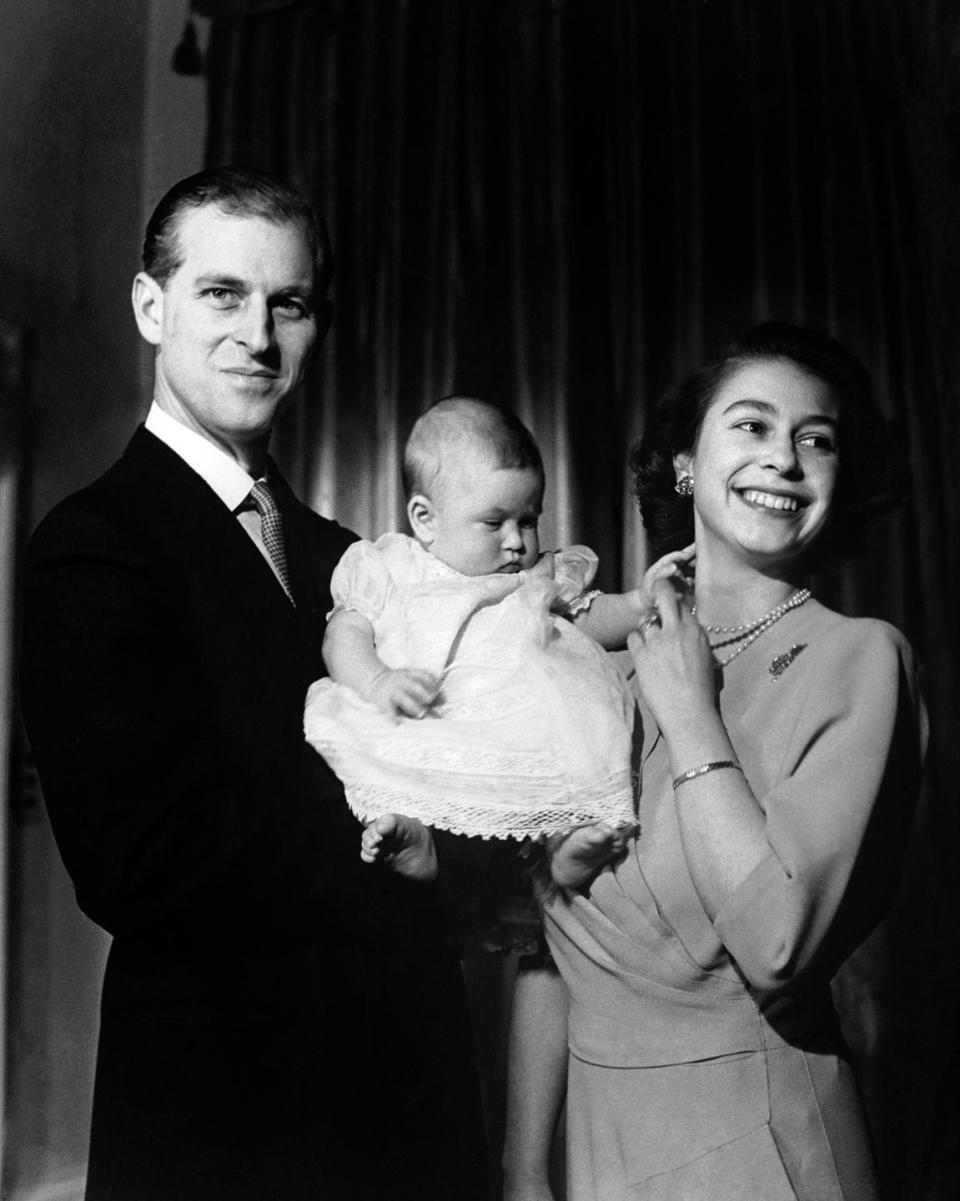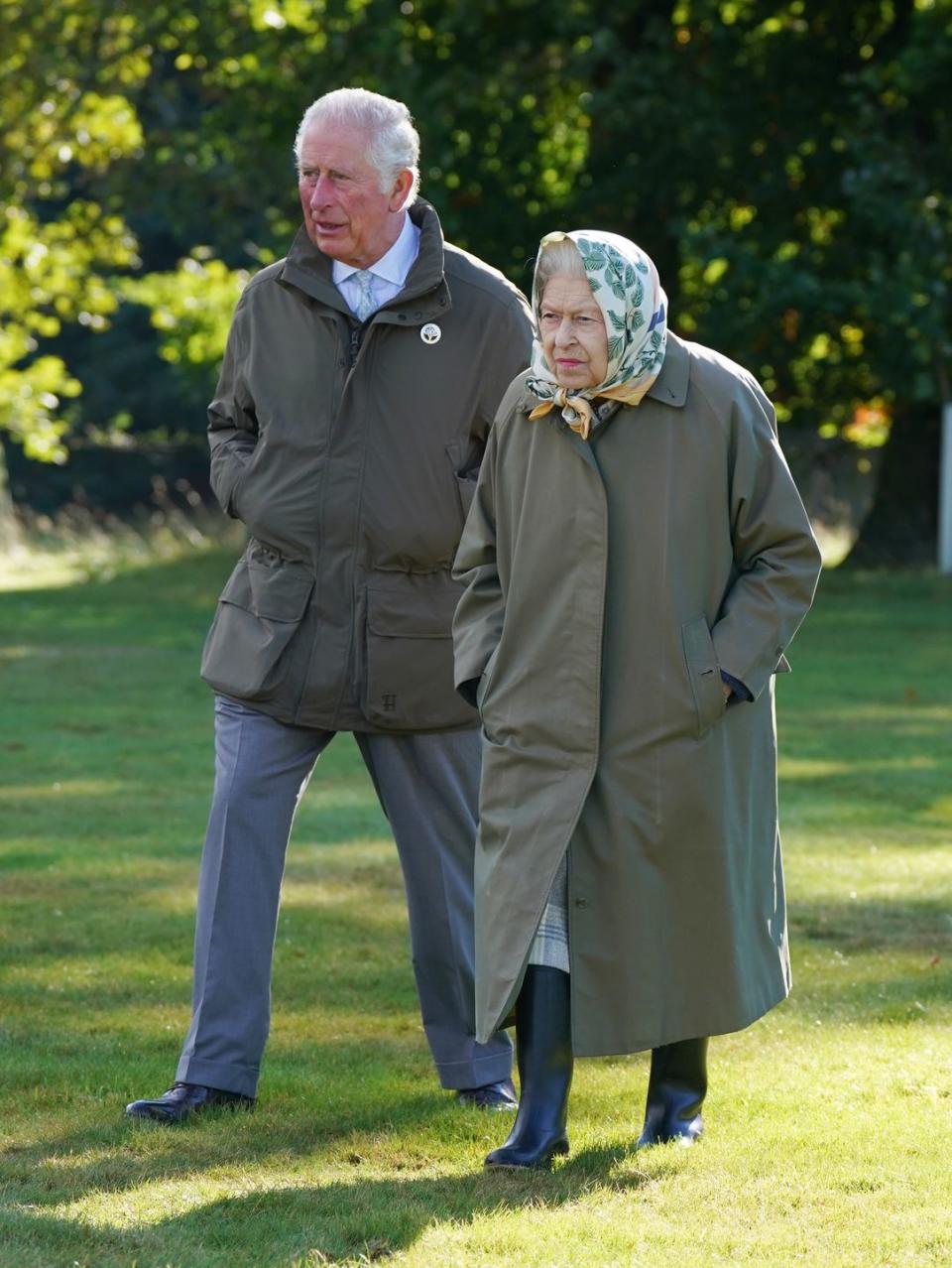Queen Elizabeth II, England's Longest-Reigning Monarch, Has Died at 96

- Oops!Something went wrong.Please try again later.
- Oops!Something went wrong.Please try again later.
- Oops!Something went wrong.Please try again later.
- Oops!Something went wrong.Please try again later.
- Oops!Something went wrong.Please try again later.
- Oops!Something went wrong.Please try again later.
Queen Elizabeth II, who ruled over a changing Britain for seven decades, died at Balmoral castle in Scotland today at the age of 96. She was Britain's longest-reigning monarch.
The British royal family made the announcement on September 8. "The Queen died peacefully at Balmoral this afternoon. The King and The Queen Consort will remain at Balmoral this evening and will return to London tomorrow."
The Queen died peacefully at Balmoral this afternoon.
The King and The Queen Consort will remain at Balmoral this evening and will return to London tomorrow. pic.twitter.com/VfxpXro22W— The Royal Family (@RoyalFamily) September 8, 2022
Born Princess Elizabeth Alexandra Mary in 1926, she was not expected to ever take the British throne. That changed when her uncle, King Edward VIII, abdicated the throne in order to marry American divorcee Wallis Simpson. Her father, King George VI, took the throne, making her next in line. During World War II, she and her sister, Princess Margaret, took refuge at Windsor Palace, and she even spoke on the radio to comfort the nation’s children.
She met her future husband, Prince Philip of Greece, when they attended the wedding of Philip’s cousin. But it wasn't until they met a few years later, at the Royal Naval College at Dartmouth, that Elizabeth became smitten. They were married in 1947, and because of wartime rationing, Elizabeth had to collect clothing coupons for her wedding dress. A year later, Prince Charles, who is now the new monarch, was born, the first of their four children.

After her father died of lung cancer, Elizabeth became queen in 1952 when she was just 27, making her the 40th monarch since William the Conqueror took over England. She was crowned in a coronation ceremony that was one of the first major televised moments in British history. Her full title was the following: "Elizabeth the Second, by the grace of God of the United Kingdom of Great Britain and Northern Ireland and of her other Realms and Territories Queen, Head of the Commonwealth, Defender of the Faith.”

As the longest-serving monarch in British history, she worked with 13 Prime Ministers, seven popes, and 14 U.S. presidents. Throughout her reign, she presided over a changing Britain, one that transformed from the British Empire to the Commonwealth of Nations and diminished its imperialist power around the world. She also kept the family steady through various crises, especially when her children or grandchildren ended up in the tabloids. But when Princess Diana died, she was criticized for remaining silent for too long. Prime Minister David Cameron once called her “a rock of stability in a world of constant change.”But she, and the monarchy as a whole, still faced critics, who still see the royal family as a waste of time, money and attention in the modern world.
Though Prince Philip died on April 9, 2021, she is survived by her children, Prince Charles, Princess Anne, Prince Andrew and Prince Edward, eight grandchildren, and 12 great-grandchildren. Prince Charles is set to be the next king, and Prince William will take his place as the Prince of Wales. He will likely be formally crowned within the next few months but is effectively the monarch starting today. Charles, 73, will be the oldest person ever to take the throne.

The Queen’s death is anticipated to be one of the most disruptive events the United Kingdom had seen in decades. Stock markets and banks are expected to close, and her funeral and Charles’ coronation will almost certainly become national holidays. It is also expected that the Union Jack will be flown at half-mast until the morning after her funeral.
The British culture will almost immediately change as well. The BBC will cancel all comedy programming until after the Queen’s funeral. And of course, the national anthem, “God Save the Queen,” will revert to “God Save the King.”
You Might Also Like

